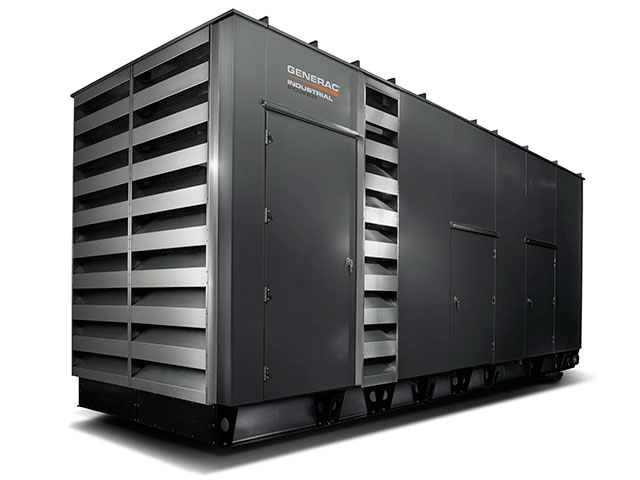First Steps to Take After an Emergency
If you ever find yourself in an emergency scenario in your business or other place of work, it is important to have a list of steps in mind to take afterward. While the plan for each type of emergency should differ, a few basic steps should be taken during all of them.
We will direct you through the first few steps you need to take after an emergency so that you are ready to respond if disaster strikes.
- Make Sure Everyone is Safe
Listed first because it is the most important, your customers’ and employees’ safety is the paramount concern following a disaster. Whether you are responding to a natural disaster like a tornado or a bomb threat, check on everyone that is present in your business. There may be both physical and emotional scarring during a traumatic event. - Call Proper Authorities if Necessary
Sometimes this may come at the same time or before checking on your employees’ safety. During a fire or when faced with violence or threats, time is of the essence. Get in contact with the fire department or call the police as you are ensuring others are getting in a safe position.
If an employee or customer has been injured or is in critical condition, call an ambulance quickly. If you are unsure whether the emergency you have faced warrants a call to the authorities, it is best to be on the safe side.
- Ensure There is No More Danger
If everyone is safe, make sure there is not still a present danger before taking any further action. For example, tornadoes often strike in groups, so stay safe and listen to a weather radio that should be stocked in your place of business.
If you’ve exited the building, perhaps in the case of a fire, make sure it is safe before returning. Be cautious and do not make hasty decisions.
- If Possible, Keep Important Operations Running
If you have taken the above steps and there is not a threat of danger, you will need to try to start to get things back up and running. Essential operations will need to be started back up if possible. This may require the use of secondary power from a generator.
Diesel fueled generators for any need can be found at Allied Rental and are an important and necessary part of any response plan.
- Determine if Secondary Location is Necessary
If your place of business has been destroyed, you may need to move operations to a secondary location for a while before returning to or finding a new primary location. This may be a trailer or open space nearby that can handle your business’s size. A generator may also be necessary at your secondary location. - Contact Your Insurance Carrier
You will also want to get in touch with your insurance carrier to see what can be covered from the damage that has been done to your business. Most insurance plans protect against fires, natural disasters and many other emergencies.

